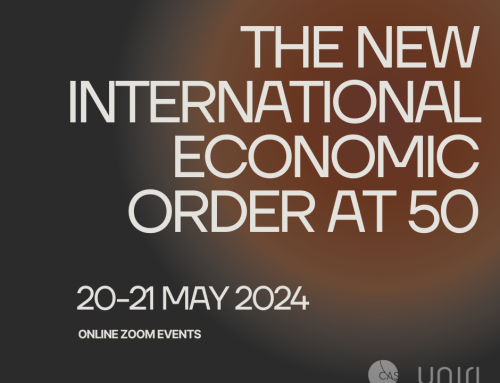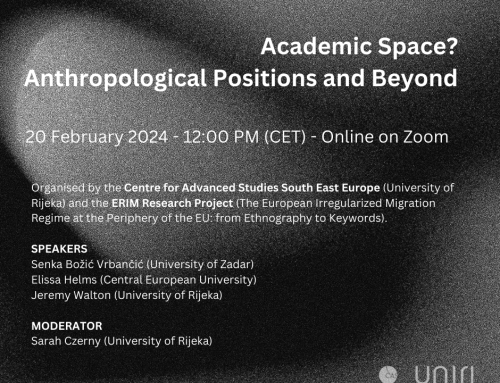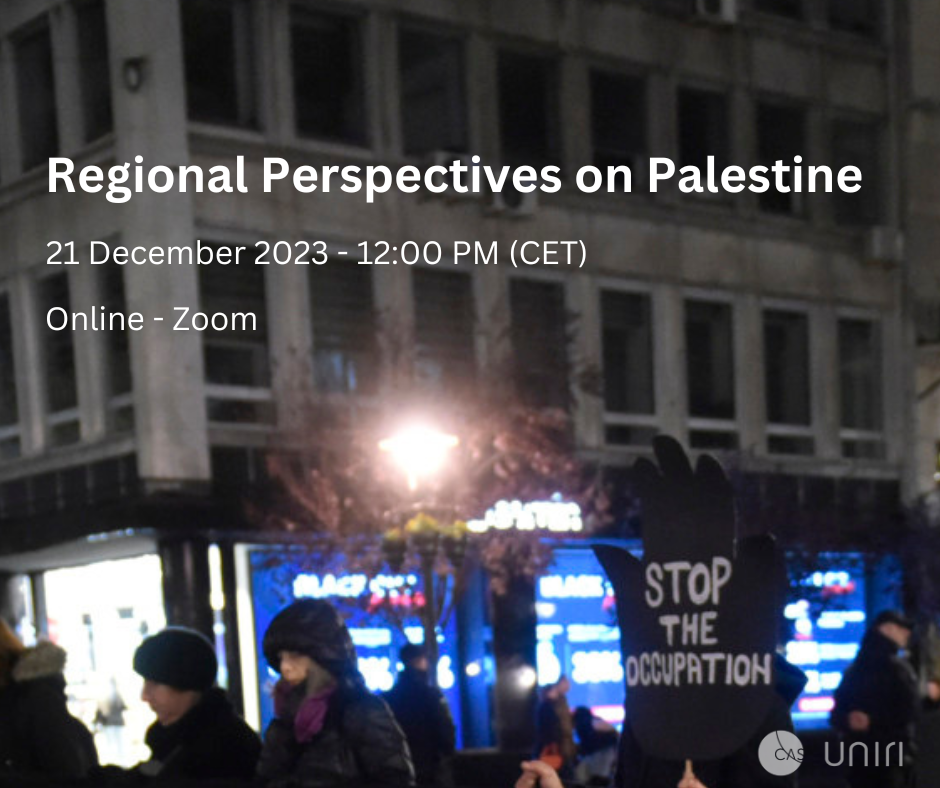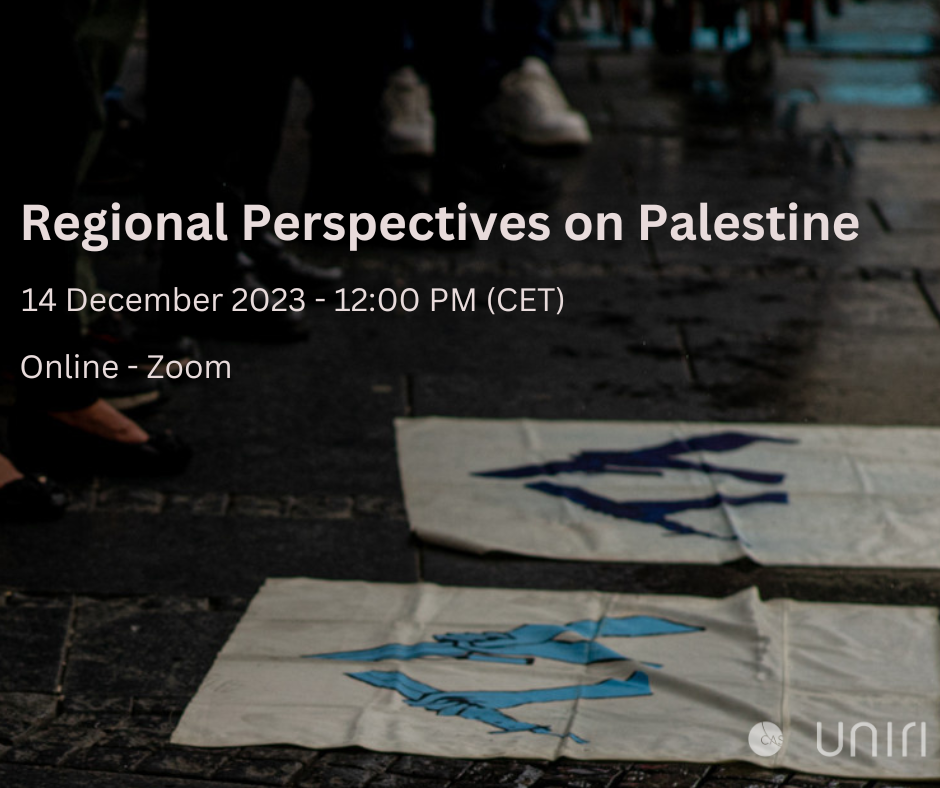From the crisis to a “Third Yugoslavia”. The political project of Ante Marković and the Alliance of Reformist Forces
In the extensive literature on the crisis and the dissolution of the Second Yugoslavia, the role of the so-called “alternatives”, grounding on a democratic and progressive view of the Yugoslav state, has been understudied. My research project aims to explore the actor who most prominently embodied this option within institutions and the political system: Ante Marković, the federal Prime Minister from march 1989 to December 1991, and the Alliance of Reformist Forces of Yugoslavia (Savez Reformskih Snaga Jugoslavije, hereafter SRSJ), a party established by the same Marković in 1990. Through analysing public narratives, strategies and interactions of the Federal Government and of the party, the talk examines how a proposal explicitly grounded on “rational” and “negotiating” principles emerged and immediately faced structural or deliberate obstacles, as well as its own limits and faults, in a political arena increasingly polarized along ethno-national lines, within a context of extreme socio-economic crisis. In particular, the talk explores the Marković’s project in terms of its intrinsically political dimension and quest for social legitimacy, focusing on the following points: first, the attempt to reform the institutional framework through reshaping the federal jurisdictions and establishing a proper multi-party system at the state level, in order to set the bases for a “Third Yugoslavia”; second, the effort to convert into mobilized support the high political capital earned by its economic programme, inspired to an integration between market reforms and socialist elements (“new socialism”) rather than a fully neoliberal model, which had some correspondences with other 1989 transition paths in Central-Eastern Europe; third, the re-elaboration and re-animation of the founding historical and cultural principles of Yugoslav supranational unity.





